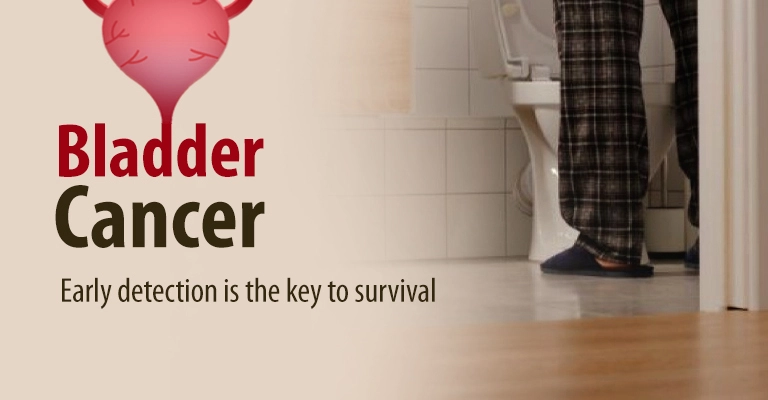
The cervix is the organ connecting the uterus with the vagina. Cancer which forms in the tissues of the cervix is known as cervical cancer. The best chance of detecting cervical cancer early and achieving maximum treatment success is through screening tests. Screening can even detect abnormal or pre-cancerous cells and thus help in preventing cancer through immediate treatment. Screening saves lives.
There are two types of cervical cancer – squamous cell cancer which affects the outer surface of the ectocervix, and adenocarcinoma of the cervix, which is cancer of the endocervix.
Nearly all cervical cancer cases are caused by the human papillomavirus or HPV. There are over 100 types of HPV, of which 15 are identified as cancer-causing. Of these 15, two specific types – HPV-16 and HPV-18 — are known to account for 70% of cervical cases worldwide.
Some other risk factors for cervical cancer include:
- Family history of the cancer
- Smoking
- Weak or compromised immune system
- Long-term, intense stress
- Use of contraceptive pills
Why is screening so important for cervical cancer?
Cervical cancer or cancer of the cervix has often been referred to as the “silent killer” by doctors since this cancer often doesn’t manifest in any symptoms in the early stages of the disease. It can take 3 to 7 years for high-grade changes in cervical cells to become cancer. Symptoms like abnormal bleeding after sex, during menopause or between periods, heavy or prolonged periods, unusual discharge, etc. often show up much later, when the cancer has become invasive. Often, certain symptoms could even be confused with other less sinister health conditions and hence largely ignored.
What are the screening tools for cervical cancer?
These are the usual screening methods:
# HPV test: Sample cells removed from the cervix are tested for strains of HPV which are the most common triggers for cervical cancer. This test can also be done on sample cells harvested from the vagina.
# Pap test: The Papanicolaou or Pap test, also called cervical smear test, involves collecting sample cells from the outer opening of the patient’s cervix. These cells are then analyzed under a microscope for abnormalities. The Pap test can also be combined with the HPV test.
# VIA: In this method of visual inspection by acetic acid, the doctor looks for abnormalities in the cervix, after a dilution of white vinegar is applied to it. This test is useful in resource-constrained scenarios.
How does one get HPV?
Most people catch the HPV at some point in their lives and very often without even realizing it. Any kind of sexual activity, including oral, vaginal and anal sex and even intimate touching could spread the virus. However, more often than not, a healthy immune system is able to rid the body of HPV within two years. When HPV doesn’t go away on its own, it can cause abnormalities in the cells of the cervix, leading to cervical cancer.
Which are the groups that require screening?
Anyone who has a cervix, including the transgender population between 25 and 69 years of age, should go for cervical cancer screening once in three years. Generally one can discontinue the screening routine at age 69 in case results have always turned out OK.
Regular screening is recommended if you:
- Are going through menopause
- Have been sexually active even if not at present
- Have taken the HPV vaccine
- # Are in a same-sex relationship
No screening is required if you:
# Have had your cervix removed through hysterectomy or any other reason
While all women should be made aware of the importance of screening for cervical cancer, the high-risk groups must be the focus of attention for the medical fraternity.
How can cervical cancer be prevented?
While regular screenings through Pap and HPV tests can detect pre-cancers and treat them, the HPV vaccine is another important weapon.
Other ways to prevent cervical cancer could include:
- Not having sex before reaching a certain age
- Sticking to a single partner for sexual intercourse
- Using condoms or dental dams to ensure safe sex
- Avoiding intercourse with someone who has had multiple partners
- Not having sex with people who have genital warts or other infections
- Smokers are at greater risk, hence kicking the habit is advisable
Medica Cancer Hospital provides comprehensive facilities for the diagnosis and treatment of cervical cancer. Apart from certain lifestyle changes, we recommend regular screening, as advised by the doctor.


















